What is the Utah solar tax credit? Here is so valuable information. As of March 2019, the Utah solar tax credit is $0.60 per watt based on the alternating rate schedule. This was confirmed by Governor Gary Herbert's office.
This means that if you had a 5-kilowatt solar system installed on your house, you would receive $3,000 of the $10,000 cost back as a tax credit.
That is why the Utah solar credit is better than the federal solar tax credit. It gives you a larger tax credit each year that you own your solar system.
The Utah solar tax credit is available until 2021. This means that if you wait to purchase your solar energy system, the amount of money you would receive for it may go down next year because there is less money available for this incentive.
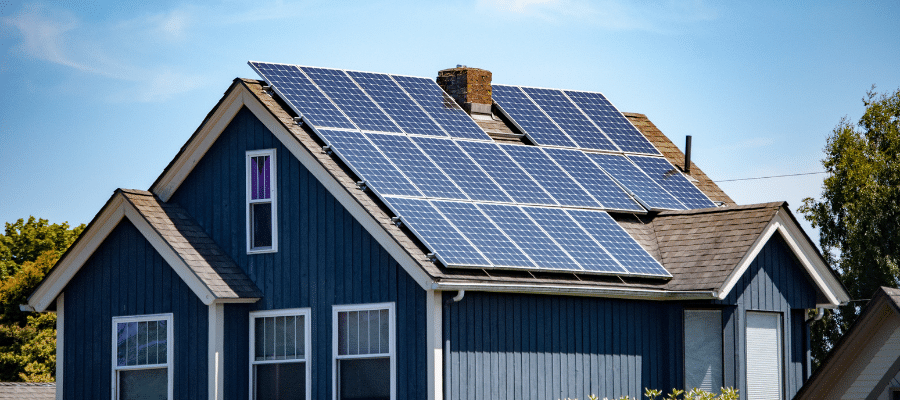
How much the tax credit worth?
The Utah solar association has said that this new tax credit is not enough to get people to go solar, but it is one of the best incentives available in the U.S. and Smart Energy USA, LLC can help you get the most out of your investment in solar power by providing an array of services to ensure that you get the most bang for your buck.
The tax credit for going solar in Utah worth $0.60 per watt based on the alternating rate schedule for 2019. That means that if you have a 5-kilowatt solar energy system installed, then you are entitled to a $3,000 tax credit.
That is not the same as the federal solar tax credit, so it might be worth your while to get in touch with Smart Energy USA to better understand how much you could save in your state.

When does the tax credit expire?
As of March 2019, the Utah solar tax credit is available through 2021. The Utah solar association has said that this new tax credit is not enough to get people to go solar, but it is one of the best incentives available in the U.S. and Smart Energy USA can help you get the most out of your investment in solar energy by providing an array of services to ensure that you get the most of it.
How does the tax credit work?
The Utah solar tax credit is similar to the federal solar tax credit. To receive the solar credit, you must have a solar energy system installed on your property with an installer that holds a certification from the Utah Utilities Customer Satisfaction Initiative (UCASI) or something similar.
This means that if you work with an installer that holds a certification from the Utah UCASI program, they will be able to give you a referral list of approved installers in your area. From this list you can choose which contractor to do business with.
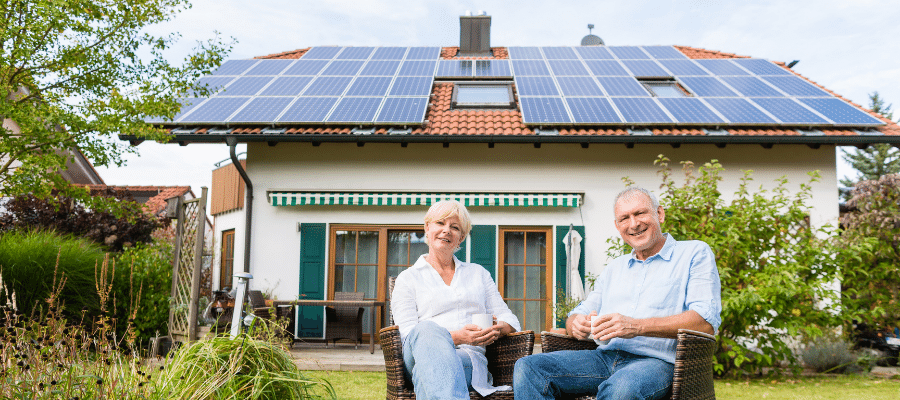
Federal Taxes vs Local
Federal taxes are based on your Adjusted Gross Income (AGI). The state of Utah taxes you based on your state taxable income, which is the amount of money you make minus any deductions you are entitled to for living in Utah.
This means that the federal solar tax credit is better for people who live in states where there are no local taxes.
How to qualify to get a solar tax credit? You must be a resident of Utah and must own your solar energy system. You don't have to be the one who installs it. If you sell your house, you may not be able to transfer your solar tax credit to the new owner, but you can take the credit as long as you meet the requirements.
Solar Rebates
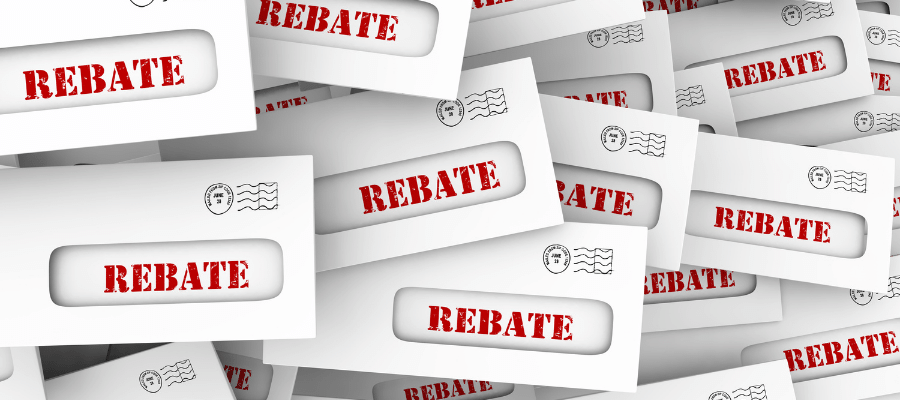
If you sign a contract and install a solar energy system on your property, you may be eligible for a solar rebate through the Utah Division of Air Quality. The amount of money that you receive in the rebate depends on the size of your solar system-and if you are in any other local, state or federal rebate programs that are already taking place.
Utility companies such as Rocky Mountain Power in Utah are required by law to offer net metering to their residential and commercial customers. This rule means that you can send extra power to the grid in the summer when there is more light and you have extra solar energy, saving money on your electric bill. The fee will pay you for any excess energy that you produce with your solar system during this time.
Energy companies also offer (and often require) lease programs for people who own their solar energy systems that don't want to take on payments.
People ask about Solar in Utah?
Is it worth going solar in Utah?
The answer to this question is yes. Going solar in Utah makes sense financially and environmentally.
Why? Let's break it down. The local utility company offers customers cashback for energy generated by the solar panels on your roof, which can be put right into your monthly bill.
Does solar make sense in Utah?
What's the pay back period in Utah?
What's the pay back period in Utah?
How much does it cost to install solar in Utah?
Does solar cost more in Utah than other states?
Do solar panels increase property value in Utah?
How long do solar panels last?
Will the government help pay for solar in Utah?
Benefits of Solar Power
The main benefits of solar power are that it is free, non-polluting and renewable and more powerful than wind. You can stop using Fossil fuels on your property. In this way, you are helping the environment and you can save money on your power bill by producing your own energy with lower costs.
Also renewable energy and solar power is better electricity generation for the planet and your health because it doesn't produce any harmful emissions. When you go solar, you are making a difference for future generations to enjoy what we have today. That is why this source of clean energy is more popular than ever.
How to get a subsidy?
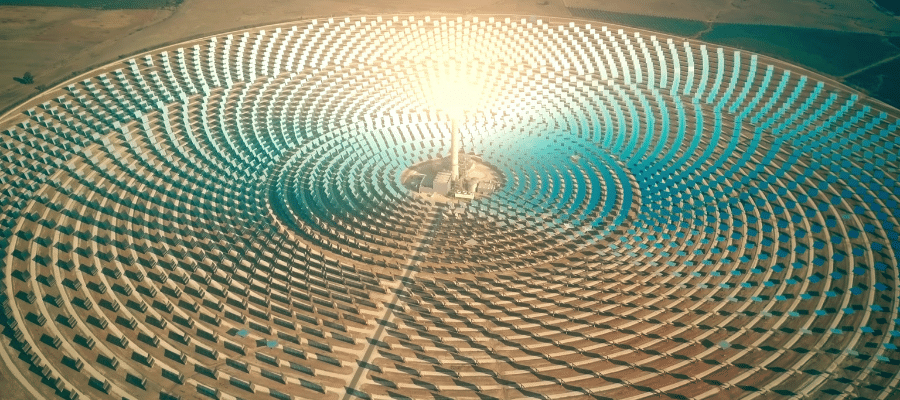
If you decide to install a solar energy system on your property, you may be eligible for a federal tax credit of 30% of the costs. That's because the federal government encourages people to go solar. But this incentive isn't available in all states, so it is important to check with us at Smart Energy USA before you buy your solar energy system.
If you need financing, you can use our company's solar loan to purchase your system. We will help you with your project get approved by the federal government for a 30% tax credit.
The lease or financing option means that you can have your solar energy system installed without taking on the cost upfront. It is good idea to get a loan if you are not ready to buy your own system because there are different options when it comes to financing your installation.
The contract between you and the solar installer will need to specify the system components and their expected life, which impacts the net present value of your investment. There will be costs for rebates and incentives. These costs may vary depending on where you live. In addition, there are state differences in how the systems are financed.
Unexpected expenses on your property?
Because the industry is growing so much, the government has said that if you install solar panels on your roof and they fail to produce energy, you are not entitled to money back, but instead will be required to repay the tax credit that was given to you by the federal government.
Installation cost
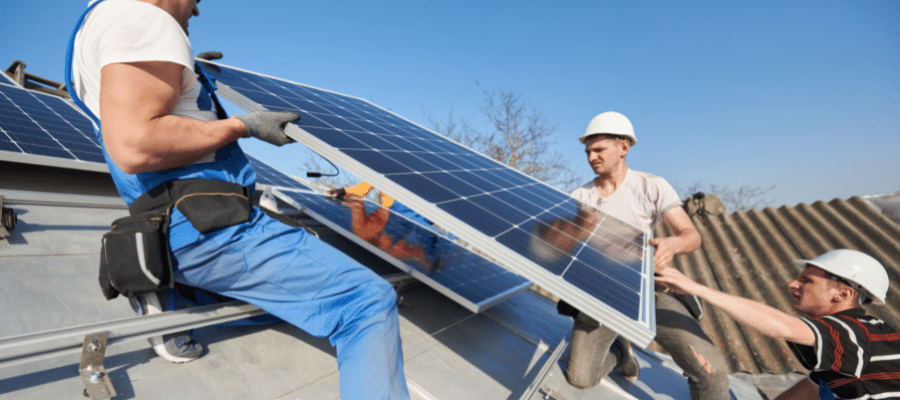
There is a range of installation costs for solar energy systems. In general, that cost is going up slightly each year.
Places that have lower temperatures and lack sun during the late Spring and Summer months have the highest prices for systems because it requires more energy to operate a solar energy system. This will be good news for those who live in states with higher temperatures and sunny days during these months, such as Vermont, Washington D.C., New York City and Florida, but is good also in Utah. We are expert to solve solar problems and help our customers according to their needs.
How much will I save with solar?
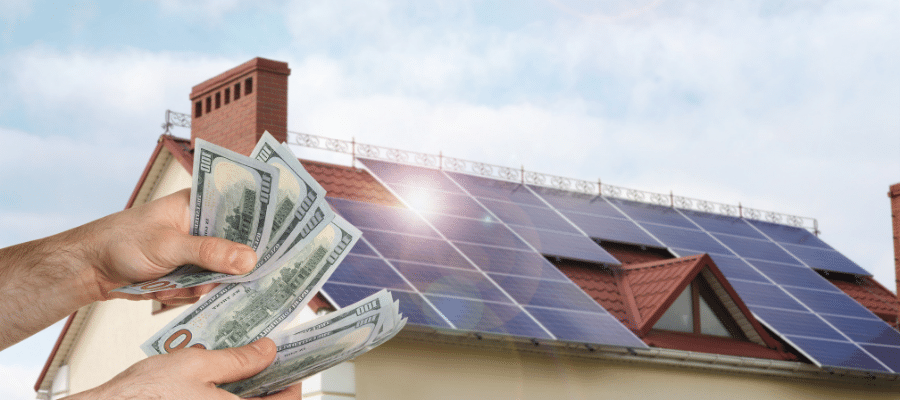
It depends on the size and efficiency of your panels and how much power you use. For example: A typical home that uses about 1,200 kilowatt-hours (kWh) per month would save about $1,300 annually with an approximately 20-year payback using a standard sized system.
Is it going solar a good idea? Absolutely! The National Renewable Energy Laboratory has said that solar power is a very good idea for many reasons. You can increase your home value, become energy independent and save money.
Solar energy offers an effective solution to our country's needs. In fact, it supplies enough energy to power over 100 million homes every year. Also, the use of solar energy costs less than the cost of traditional fuel sources while also making a difference in our environment while eliminating waste and pollution.
Get the right solar panel
Solar panels will last for 25-30 years. You can begin saving money on your electric bill as soon as you start using them. It is important to note that if your solar panels break down, you do not own them and so, they will not be covered under an insurance policy. Instead, you just need to contact the manufacturer and the company that sold it to you and they will repair or replace the equipment for you at an additional cost.

